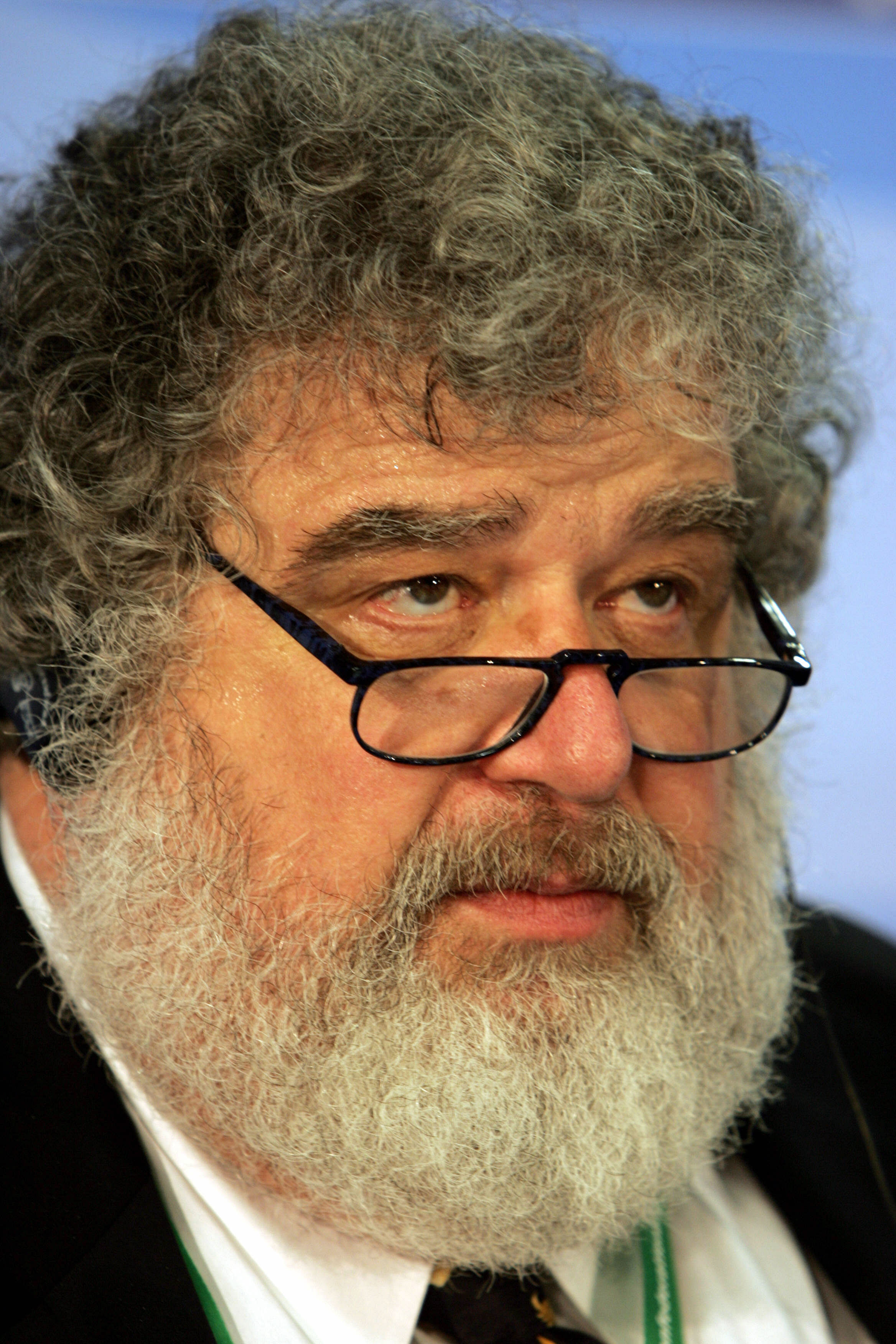Chuck Blazer, the informant whose evidence brought down a Fifa ring of villains, died this week.
"Chuck hoped to help bring transparency, accountability and fair play to Concacaf, Fifa and soccer as a whole," his lawyer Mary Mulligan said in a statement on Wednesday.
"Chuck also accepted responsibility for his own conduct by pleading guilty and owning up to his mistakes," the statement went on.
To the end, and beyond, Mulligan painted her client in the best possible light. There were, indeed, endearing traits to Blazer, not the least his personal kindness to friends in New York, and his affection for animals.
He reportedly kept one apartment in Trump Tower in Manhattan for his cats, and in a separate apartment on the same floor he kept his beloved macaw in refined luxury.
He would leave those condos at a moment's notice to use his considerable computer expertise to unlock a friend's frozen desktop.
And he reached out from New York to raise up soccer throughout Concacaf - the region of North America, Central America and the Caribbean.

So, yes, there was a big heart, as well as an excessively big frame, to Charles Gordon Blazer. He did not invent Fifa corruption or corrupt the Beautiful Game, but he sure did feed from it, and helped to spread it almost from the top down.
His death at 72 due to rectal cancer, diabetes and coronary artery disease meant that he did not serve time in prison for his crime.
He dodged that by turning informant on the others whose fingers were allegedly in the till of the game's great global wealth.
What caught out Blazer was the same thing that led the Federal Bureau of Investigation (FBI) to apprehend the gangster Al Capone in the 1930s. Capone was jailed for failing to file tax returns, and what drew the FBI and the Internal Revenue Service to Blazer was that he declared no personal income tax returns between 2005 and 2010.
In a sense, he was damned if he did and damned if he didn't.
He blogged about personal flights of fantasy, and travels with Nelson Mandela and Vladimir Putin - both of whom nurtured fraternal Fifa relationships to bring World Cups to South Africa in 2010 and Russia next year.
Caught up in his own verbosity, Blazer actually put his finger on what influenced him the most. In a Fifa question-and-answer when he was handed his most prized job in charge of global marketing and TV rights negotiations, Blazer was asked:
Which club did you support as a child? "Manchester United," he replied.
And who was your idol? "Not a player," Blazer said. "but a majestic symbol of elegance in our sport, Dr Joao Havelange."
Havelange was Fifa's president from 1974 to 1998 when he handed the prime position to his long- term general secretary, Sepp Blatter. Havelange set up the principles that turned Fifa from poverty to gargantuan riches, and remained the eminence grise behind Blatter almost until the Brazilian's own death at 100 last August.
Principle, perhaps, is not quite the word one should use.
Havelange was excommunicated from both Fifa and the International Olympic Committee because of his failure, on grounds of age and infirmity, to attend tribunals once the extent of financial self-help (i.e. corruption) began to be uncovered.
In essence, Havelange presided over a group who in turn ruled the Fifa executive committee. Julio Grondona, Nicolas Leoz, Ricardo Teixeira (Havelange's then son-in-law), and Jack Warner (the Trinidad politician who ran Concacaf together with Blazer) all came under investigation for he nature of their business deals.
The extent of their methods came to light in a Swiss court case involving the collapse of a Fifa marketing partner. And then into clearer light when Blazer (known as Mr 10 Per Cent for the way he cut deals in his Fifa blazer) was arrested by the Feds.
What started with the tax inquiry led to Blazer pleading guilty to racketeering, wire fraud and money-laundering. He forfeited almost US$2 million (S$2.7 million) to the United States treasury.
But he was already then a sick man. It what was a race between hospital confinement in a cancer ward, or detention in jail, he agreed to what the Americans call co-operation with the authorities as a witness.
It meant turning whistle-blower. By grassing on his Fifa chums, to the extent apparently of recording conversations with them on a hidden microphone in a key ring, his testimony precipitated the cops-and-robbers dawn raid on Fifa bigwigs as they slept in their beds at the five-star lakeside hotel near the Fifa headquarters in Zurich in December 2015.
The rest, as they say, is history. Or will be if and when the American and Swiss lawyers ever get their hands on the key figures to put them into court and possibly behind bars.
Havelange won't face trial, obviously. Grondona also died before the law caught up with him. Blatter might have his days in court, as a witness and/or on trial.
Others are in custody, accused but not yet tried. Jack Warner can apparently not be touched while he claims diplomatic and political immunity in the Caribbean.
All are or were on the FBI wanted list, with information supplied by Blazer. The New Yorker lived a larger-than-life existence, financed by his Fifa gains.
We can accept Blazer's attorney's plea that he went to the end of his days as a contrite man, intent on cleaning up his game.
In all honesty, we might never know if he, or any of the Havelange acolytes, the Fifa gang, were in it for love or money.
The charge sheets die with them.


